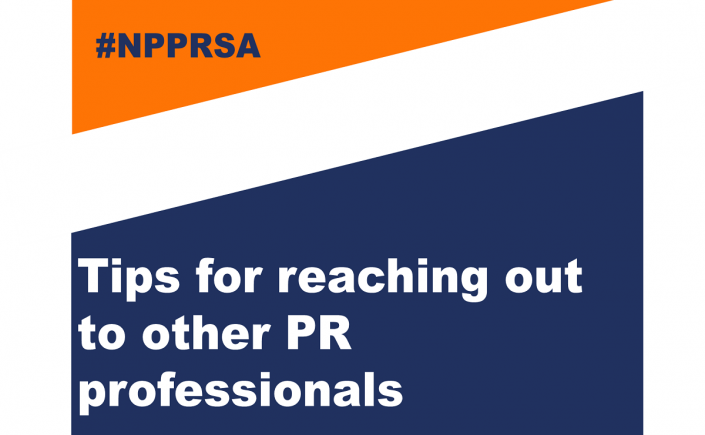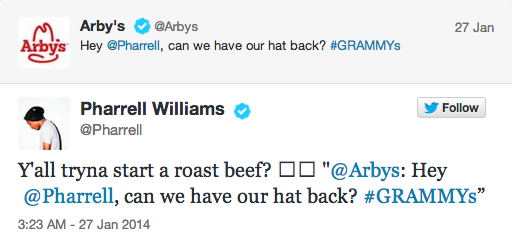An intentional, well-written networking email can lead to a new job opportunity, a new mentor or a new perspective. You will find that most professionals, especially those involved in PRSA, are more than happy to help you, offer advice and share their expertise. But even if you have a strong relationship with the professional you are reaching out to, it is always important to establish professionalism.Whether you are a graduating senior seeking job opportunities or a young professional simply looking to make new connections, here are a few tips you should always keep in mind.
Be considerate.
It’s important to remember the person you are reaching out to has a full-time job, and is graciously taking time out of their schedule to help you. Be considerate of how much you are asking from this professional and understand it may take time for them to respond.
I recently got an email from someone “hoping to move to NYC” wanting to know “which companies they should apply to.” Seems harmless, right? Wrong. There are thousands of companies in New York City, and this young pro was essentially asking me to do their job search for them. You should make it as simple as possible for them to reply, which leads me to my next point.
Be specific.
About a month ago, I received a text from a recent grad from my university, who asked if I could tell them more about my last job. It was typical PR agency, so what exactly did they want to know? About the culture? The clients? Once I followed up and asked for more information, I discovered they wanted to learn more about the differences of working at a large agency versus a small agency, as I’ve done both.
When reaching out to a professional, avoid vague requests like this, and instead ask specific questions and make sure your goal is evident. Do you want to set up a call or meeting? Offer up a few days and times you are available in the next couple weeks for the professional to choose from. The more details the better. Speaking of details…
Be detail-oriented.
Before you reach out to a professional, triple check the body of your email and any documents you’ve attached. Then, ask a few friends to review everything. Don’t send a resume with grammar errors, formatting mistakes or a lack of specifics to a professional. It comes across as lazy and unprofessional.
Too often I receive emails with a low quality resume attached and the request to pass it along to one of my contacts. I’m always shocked when this happens because I’d never recommend someone I don’t truly believe in.
Hope this helps you as you prepare to reach out to a pro you admire!
–Arielle Schrader, @RELschrader


